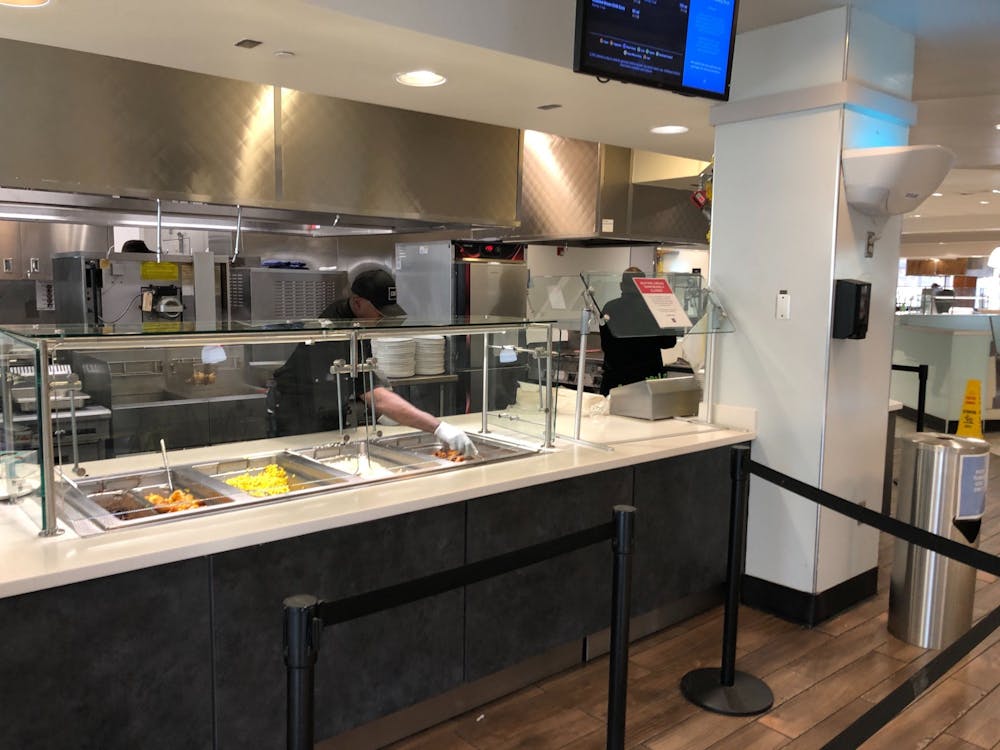Fast forward a couple of years, I’d mostly healed my relationship with food. I stopped scanning nutritional information on the backs of snack boxes, and no longer looked at the calorie monitor when I went out to restaurants with friends. I fueled my body without the crippling guilt and anxiety I experienced in previous years.
Then COVID-19 struck.
In an attempt to assume control I felt I had lost amidst great social, emotional and political turmoil, I acquired another eating disorder. I know many others share this experience.
Research has shown that the pandemic has caused an unprecedented surge in eating disorders.
Cynthia Bulik, founding director of the UNC Center of Excellence for Eating Disorders, conducted a survey — with Christine Peat, director the National Center of Excellence for Eating Disorders — of around 1,000 participants to examine how the pandemic affected people with eating disorders. She found that many of these individuals struggled to stay motivated to recover, especially in isolated environments with limited social deterrents.
Consequently, the survey revealed that study participants with anorexia nervosa reported increased levels of food restriction, and those with bulimia or binge-eating disorder reported increases in binge-eating episodes.
“People with eating disorders are really struggling,” Bulik told UNC Health. "Those who are alone are really feeling the lack of support and are saying that they find themselves swirling around in negative thoughts. Many are also finding it hard to stay motivated to recover."
Studies such as this one raise certain questions. For example — should UNC display a very physical, numerical value to every meal while some of its students struggle with disordered eating? Are there better ways to provide the information to those who need it without causing harm to others?
Though the calorie monitors meet a legal requirement and are meant to help students make mindful decisions about what they consume, they end up doing more harm than good.
It's far past time to push calorie monitors from right above our food to a place where they are accessible to students who need them, but not forced upon anyone trying to grab a meal at the dining halls.
UNC students who may be experiencing eating disorders can receive assistance from Counseling and Psychological Services or from a Campus Health clinical nutrition specialist. Treatment is also available through the Center of Excellence for Eating Disorders.
@dthopinion
To get the day's news and headlines in your inbox each morning, sign up for our email newsletters.
opinion@dailytarheel.com




